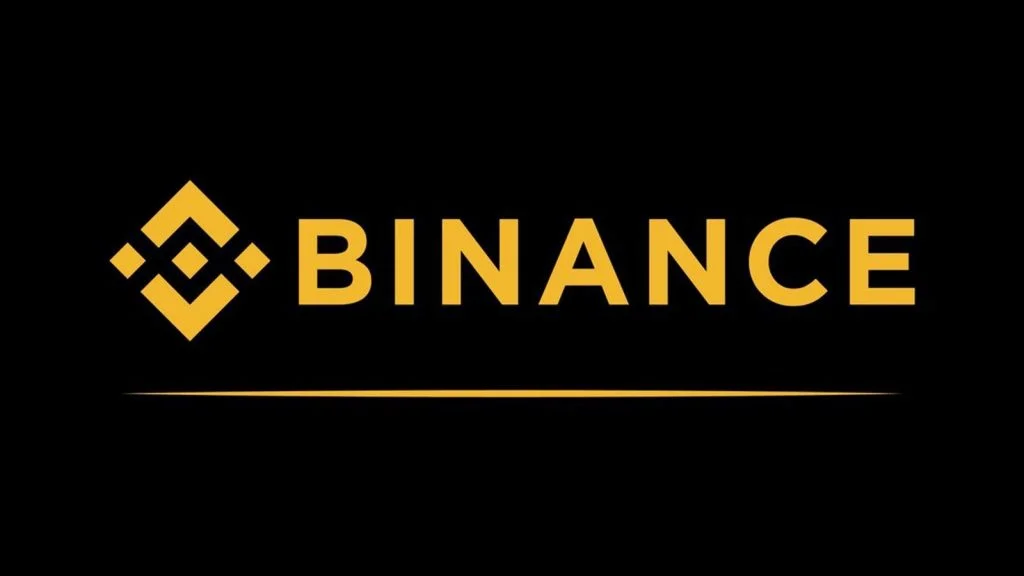Binance cryptocurrency exchange announced on Friday that it would need stronger background checks on users with immediate effect in order to enhance efforts against money laundering, this may be due to pressure from regulators around the world.

Financial regulators from the United Kingdom to Germany to Japan have issued warnings and imposed business restrictions on Binance, the world’s largest cryptocurrency exchange. They are concerned about the use of cryptocurrency for money laundering and consumer concerns.
The exchange, whose holding company is based in the Cayman Islands, has reduced its product offers and stated that it wishes to strengthen its regulatory relations.
This year, US Treasury Secretary Janet Yellen and European Central Bank President Christine Lagarde were among those to express worries about crypto money laundering, with other regulators particularly concerned about Binance.
The Dutch central bank announced on Monday that the platform, which processed $455 million in spot trades in July, did not comply with the country’s anti-money laundering and anti-terrorist financing rules.
To use Binance’s products and services, consumers must first undergo a verification process, according to the company’s website. Those that haven’t done so will be limited to withdrawing money, cancelling orders, and closing positions.
Binance has taken a significant step forward with this action. Until now, it had only requested ID checks from individuals who wanted larger trading limits. Users must now submit an ID card, driver’s license, or passport, according to the statement.
Exchanges have different standards. Many large platforms, such as Coinbase Global Inc and Gemini, also demand users to present identification documents, whereas Kraken, another US exchange, simply requires personal information for limited trade access.
“Actions speak louder than words,” said Binance CEO Changpeng Zhao, a Canadian known by his nickname “CZ,” in a tweet linked to the Binance announcement.
In a second statement, he stated, “We aspire to work more proactively with policymakers to strengthen global norms and dissuade negative actors.”
Binance announced this week that a former US Treasury criminal investigator has been appointed as the company’s global money laundering reporting officer. Even still, some lawyers doubted that Friday’s move to tighten checks would satisfy authorities.
According to Alireza Siadat, partner at law firm Annerton in Frankfurt, financial regulators would need to know which of Binance’s local entities runs the know-your-customer procedure in order to audit and assess if it complies with local regulations.
“It’s a beautiful marketing statement,” he added, “but it’s not enough from the regulators’ perspective.”
